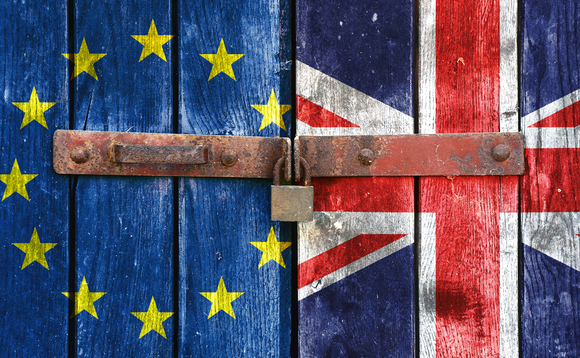
The importance of being European

This week, David Cameron promised a referendum on the UK's membership in the EU but unfastening that relationship could be devastating for private equity т and the economy as a whole. Alice Murray investigates
The past few weeks have been coloured by a strange and unfamiliar sense of optimism and positivity. The stock market rally saw the FTSE 100 reach its highest point since 2000 towards the end of May after closing up 0.48 per cent to 6,755.63. But despite feeling as though the UK economy has finally starting making its way to recovery, there is instead a sense of turning the clock back to 1975 thanks to Cameron's promise to hold a referendum on the UK's European Union (EU) membership.
Key Capital Partners surveyed 100 UK small and medium-sized enterprises (SME) to gauge the market's sentiment towards the referendum. Over three-quarters of respondents want the UK to stay in the EU, fearing that dropping out would damage the economy. Those surveyed revealed that businesses are concerned free trade will disappear and, rather surprisingly, that increased red tape will slow down business.
When the CBI was asked whether it would support remaining in Europe, director general John Cridland said in a statement: "It would be very difficult to conceive of a situation where we would do the opposite."
Those supporting the referendum and the UK's departure assert that it is not vital to be within the single market in order to export to it. There is also an argument that today's economies should be focusing on globalisation.
Exports to the continent increased in March 2013 according to HM Revenue & Customs data, rising by £400m from February 2013 totals to £12.9bn. The figures show the crucial need for UK businesses to be able to sell, with ease, into Europe. Mike Fell, investment partner at Key Capital points out that a large number of UK businesses are set up to be able to operate in the EU: "The EU has brought a level of standardisation, which enables trade to flow freely and, perhaps more importantly, for UK companies to recruit talent from all over the continent," he says.
Regarding calls for greater focus on globalisation, there is no question that the UK must have a strong presence on the international stage – however, it is doubtful whether acting independently would increase the nation's standing. "It is essential for UK to be part of a power block," says Fell.
US President Barak Obama seems to think so, too, which is important now the US and EU are trying to foster a free trade deal. Ironically, Cameron recently went Stateside to promote this – despite launching the referendum.
For private equity, one of the industry's key agendas is to grow companies into multinational entities and by doing so contribute to the economic recovery. Guy Hands, chairman of Terra Firma, highlighted in a recent letter to investors: "The UK is creating its own special problems by threatening to leave the EU. The government is subjecting businesses to years of uncertainty, rather than working closer with Germany to pursue the British objective of free trade. Given the precarious state of the UK economy, especially in light of the recent downgrade from Moody's, the last thing the UK needs is more uncertainty."
Despite concerns that the deadline for the referendum is not until 2017, causing suspicion that it might not go ahead at all if the economy has stabilised by that time, the four-year period until then will undoubtedly make the UK less attractive to investors. For UK funds out on the road, managers will have to tackle questions and doubts about the economy's future from foreign investors. The task of raising funds in the current climate is already herculean; to add further obstacles seems cruel.
Latest News
Stonehage Fleming raises USD 130m for largest fund to date, eyes 2024 programme
Sponsor acquired the public software group in July 2017 via the same-year vintage Partners Group Global Value 2017
Stonehage Fleming raises USD 130m for largest fund to date, eyes 2024 programme
Czech Republic-headquartered family office is targeting DACH and CEE region deals
Stonehage Fleming raises USD 130m for largest fund to date, eyes 2024 programme
Ex-Rocket Internet leader Bettina Curtze joins Swiss VC firm as partner and CFO
Stonehage Fleming raises USD 130m for largest fund to date, eyes 2024 programme
Estonia-registered VC could bolster LP base with fresh capital from funds-of-funds or pension funds









